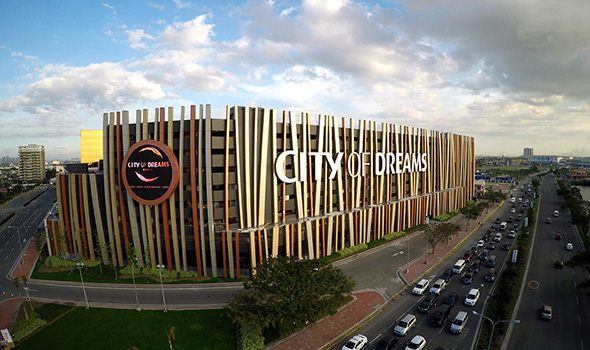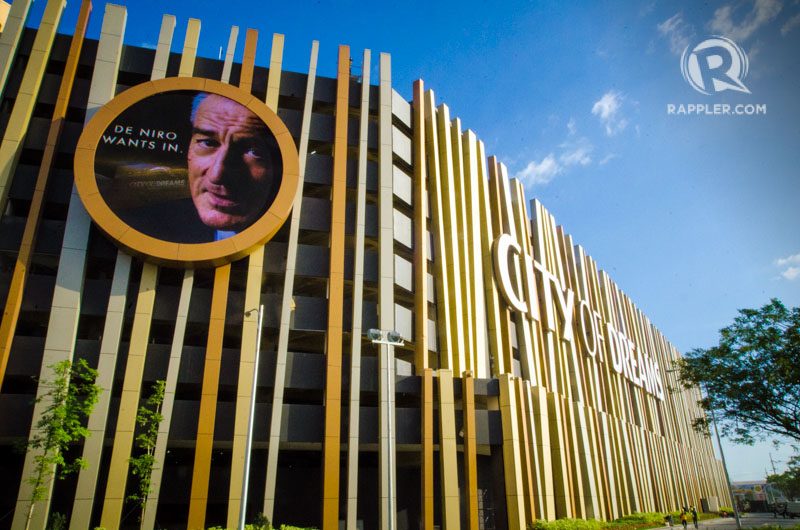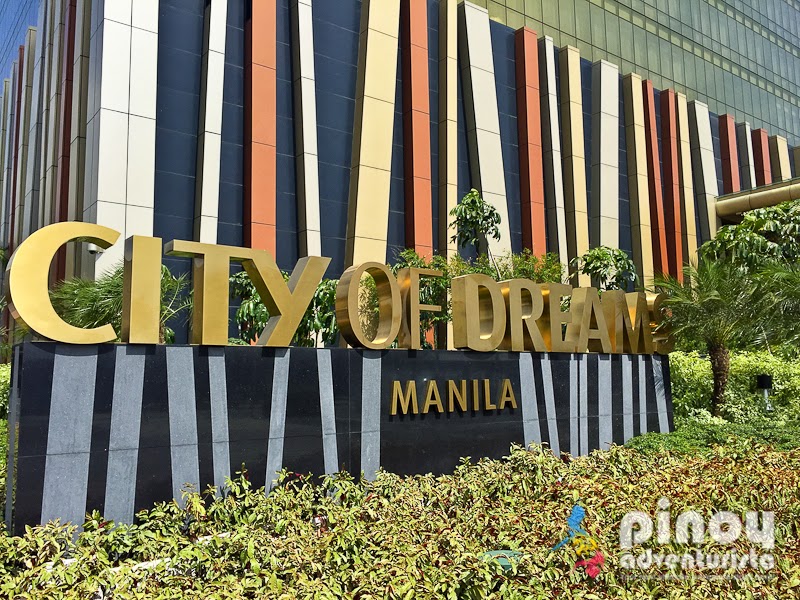Navigating the City of Dreams: A Comprehensive Guide to Makati
Related Articles: Navigating the City of Dreams: A Comprehensive Guide to Makati
Introduction
In this auspicious occasion, we are delighted to delve into the intriguing topic related to Navigating the City of Dreams: A Comprehensive Guide to Makati. Let’s weave interesting information and offer fresh perspectives to the readers.
Table of Content
Navigating the City of Dreams: A Comprehensive Guide to Makati
![CITY OF DREAMS Manila Sightseeing & Walking Tour [4K] - Casino, Hotel](https://i.ytimg.com/vi/-1ZVEm6xL0g/maxresdefault.jpg)
Makati, the bustling heart of Metro Manila, is renowned for its towering skyscrapers, thriving business districts, and vibrant nightlife. Understanding the layout of this dynamic city is crucial for both residents and visitors, and a well-crafted map serves as an invaluable tool for navigating its intricate network of streets and landmarks.
A Glimpse into Makati’s Geography
Makati’s geographical landscape is characterized by its flat terrain, offering a relatively straightforward grid system for its streets. The city is broadly divided into districts, each possessing its unique character and attractions.
The Central Business District (CBD): The heart of Makati, the CBD is home to a dense concentration of skyscrapers, corporate headquarters, and financial institutions. This area is a hub for business activity, attracting professionals and entrepreneurs from across the country.
Ayala Avenue: The city’s main thoroughfare, Ayala Avenue cuts through the CBD, lined with towering buildings, upscale shopping malls, and world-class dining establishments.
Salcedo Village: Situated in the southern part of the CBD, Salcedo Village is known for its residential towers, green spaces, and a thriving community of expatriates.
Legazpi Village: Located west of Ayala Avenue, Legazpi Village is a residential and commercial district with a mix of high-rise apartments, townhouses, and a vibrant nightlife scene.
The Fort Bonifacio Global City (BGC): Adjacent to Makati, BGC is a modern, planned city known for its green spaces, upscale residential developments, and state-of-the-art infrastructure.
The Cultural Center Complex: Located in the eastern part of Makati, the Cultural Center Complex houses the National Museum of the Philippines, the National Library, and the Cultural Center of the Philippines, showcasing the nation’s rich artistic heritage.
Beyond the Districts: Makati’s map also reveals a network of parks, green spaces, and historical landmarks, providing a glimpse into the city’s cultural and recreational offerings.
The Importance of a Makati Map
A well-designed map of Makati serves multiple purposes, acting as a vital tool for:
- Efficient Navigation: A map provides a visual representation of the city’s layout, allowing individuals to easily identify their current location, plan routes, and locate specific destinations.
- Exploring Key Landmarks: A detailed map highlights iconic landmarks, historical sites, and points of interest, enabling visitors to discover the city’s diverse attractions.
- Discovering Hidden Gems: Maps can uncover lesser-known areas, local businesses, and hidden gems that might otherwise go unnoticed.
- Understanding Neighborhoods: Maps provide insights into the different neighborhoods within Makati, helping individuals choose the best location based on their preferences and needs.
- Planning Activities: Maps can be used to plan itineraries, identify nearby restaurants, entertainment venues, and other points of interest.
Benefits of Using a Digital Map
In the digital age, interactive digital maps offer a range of advantages over traditional paper maps:
- Real-time Information: Digital maps provide real-time traffic updates, allowing users to adjust their routes based on current conditions.
- Personalized Navigation: Many digital maps offer personalized features, such as saving favorite locations, creating custom routes, and receiving turn-by-turn directions.
- Multi-modal Transportation: Digital maps often incorporate public transportation information, making it easier to navigate by bus, train, or taxi.
- Accessibility: Digital maps are readily available on smartphones and other devices, providing instant access to information anytime, anywhere.
FAQs about Makati Maps
Q: Where can I find a free Makati map online?
A: Numerous websites, including Google Maps, Waze, and OpenStreetMap, offer free digital maps of Makati.
Q: Are there any physical maps available in Makati?
A: Tourist information centers, hotels, and some businesses in Makati often provide free printed maps.
Q: What are the best digital map applications for navigating Makati?
A: Popular digital map applications like Google Maps, Waze, and Apple Maps are widely used in Makati and offer comprehensive navigation features.
Q: What are some important landmarks to look for on a Makati map?
A: Key landmarks include Ayala Avenue, the Ayala Museum, the Greenbelt Mall, the Makati Central Fire Station, and the Cultural Center Complex.
Tips for Using a Makati Map
- Identify Your Starting Point: Before using a map, determine your current location to ensure you are starting from the right point.
- Zoom In and Out: Use the zoom feature to adjust the map’s scale and view specific areas in greater detail.
- Utilize the Search Function: Use the search bar to find specific locations, businesses, or landmarks.
- Explore Different Map Views: Some maps offer different views, such as satellite imagery, street view, or terrain mode.
- Check for Traffic Updates: When using a digital map, pay attention to real-time traffic updates to avoid delays.
Conclusion
Understanding the layout of Makati is crucial for navigating its dynamic urban landscape. A well-crafted map, whether digital or traditional, serves as a valuable tool for exploring the city’s diverse attractions, planning itineraries, and discovering hidden gems. By utilizing the information provided in this guide, individuals can confidently navigate the bustling streets of Makati and experience all it has to offer.





.jpg)


Closure
Thus, we hope this article has provided valuable insights into Navigating the City of Dreams: A Comprehensive Guide to Makati. We appreciate your attention to our article. See you in our next article!